March 2012 by Heinrich Böll Stiftung – European Union office
The expectations for the 2011 climate conference in Durban were extremely low, as countries were dealing with a deepening economic crisis. Yet, an agreement was reached that some called a triumph for European climate diplomacy. This is noteworthy as European climate leadership had increasingly been called into question after the failure of the Copenhagen climate summit in 2009. The EU’s diplomatic alignment with small island states and least developed countries proved crucial for reaching the final agreement now known as the Durban Platform.
Europe can only maintain a credible leadership role if it spurs its climate action at home. A recent study by the European Commission showed that a more ambitious EU carbon target would have a much lower total impact on the economy than previously expected. However, decisions to raise the 2020 emissions reduction target and to strengthen the EU Emission Trading Scheme remain outstanding. The crisis of the Eurozone and the lack of unity in an enlarged EU are currently challenging the EU’s ability and willingness to lead the climate diplomacy.
This discussion paper is intended to stimulate the debate on how the EU can enhance its alliance with other global climate frontrunners and address a changing world order. What steps does Europe have to take that underpin the EU’s climate leadership and ensure an ambitious future global agreement?
Author: Hans Verolme
Hans Verolme is the founder of the Climate Advisers Network and has extensive analytical and advisory experience in Africa, South America and Asia and is widely recognized as an expert across the entire spectrum of low carbon transitions. With over 20 years of international negotiations experience, he has been a valued adviser to governments, foundations and civil society. Prior to setting up the Climate Advisers Network, he advised the British ambassador in Washington, DC, and served as Global and US Climate Change Director of the World Wide Fund for Nature (WWF). All politics is local, climate politics is global. Hans has worked in, amongst others, Barbados, Bhutan, Brazil, China, Costa Rica, Ethiopia, European Union, Georgia, Germany, India, Indonesia, Japan, Kenya, Myanmar, The Netherlands, Nigeria, Poland, Russia, South Africa, Suriname, Tanzania, Uganda, United Kingdom, United States.
